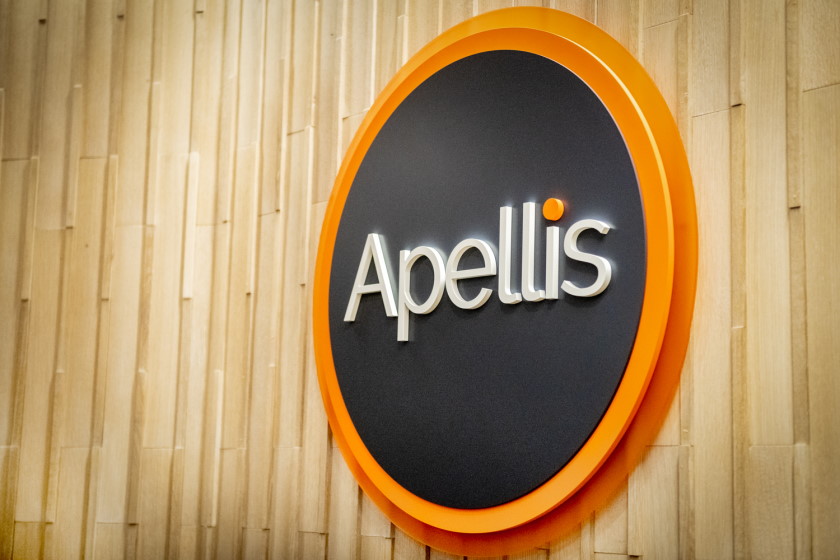Longer-term data raise prospects for Apellis' pegcetacoplan

Apellis' chances of getting regulatory approval for pegcetacoplan, its drug candidate for sight-robbing disease geographic atrophy (GA), may have been heightened by new follow-up data from two phase 3 trials.
Before today's readout, the score was one win and one loss for pegcetacoplan in the OAKS and DERBY trials, respectively, after 12 months' treatment with the drug. That left the prospects for the complement C3 inhibitor up in the air, although Apellis insisted it was going to go ahead and file regardless.
Now, updated 18-month results from the two studies make for much more comfortable reading for the company as it tries to bring the intravitreal formulation of pegcetacoplan to market. A subcutaneous formulation of the drug is already approved as Empaveli for the treatment of paroxysmal nocturnal haemoglobinuria (PNH).
In OAKS, monthly and every-other-month treatment with pegcetacoplan respectively showed 22% and 16% reductions in GA lesion growth compared to control at 18 months, while for DERBY reductions were 13% and 12%, all of which passed the threshold for statistical significance.
Apellis said the treatment effects in DERBY were comparable with OAKS starting from month six, and suggest that the benefits accrue over time.
Looking at safety, there were cases of choroidal neovascularisation or neovascular age-related macular degeneration (AMD) with pegcetacoplan in around 9% of patients treated with the monthly dose and 6% of the two-monthly group, although they were manageable with anti-VEGF therapies.
The new data will be incorporated into Apellis' planned marketing application in the second quarter of this year and – if the outcome of that review is positive – pegcetacoplan has a chance of becoming the first treatment for GA.
The company says it plans to ask the FDA for a six-month priority review, so if all goes smoothly it could be looking at an approval before the end of the year.
GA is an advanced form of affecting the central portion of the retina, known as the macula, and according to Apellis may be caused by excessive activation of the complement system. It affects around five million people worldwide including a million in the US.
"Pegcetacoplan is the only therapy to continuously reduce GA lesion growth across a large and broad patient population in phase 3 studies," said Federico Grossi, Apellis' chief medical officer.
"We look forward to submitting these data to the FDA and working with regulatory agencies to bring pegcetacoplan to people living with GA around the world as quickly as possible," he added.
Apellis' closest rival in the GA race is Iveric Bio, whose GA candidate Zimura (avacincaptad pegol) – a complement C5 inhibitor – is in the phase 3 GATHER2 trial with results due this year. Other programmes in development for GA include NGM Biopharmaceuticals' NGM621 in phase 2 and Catalyst Bio/Biogen's pegylated CB 2782, in early development.












